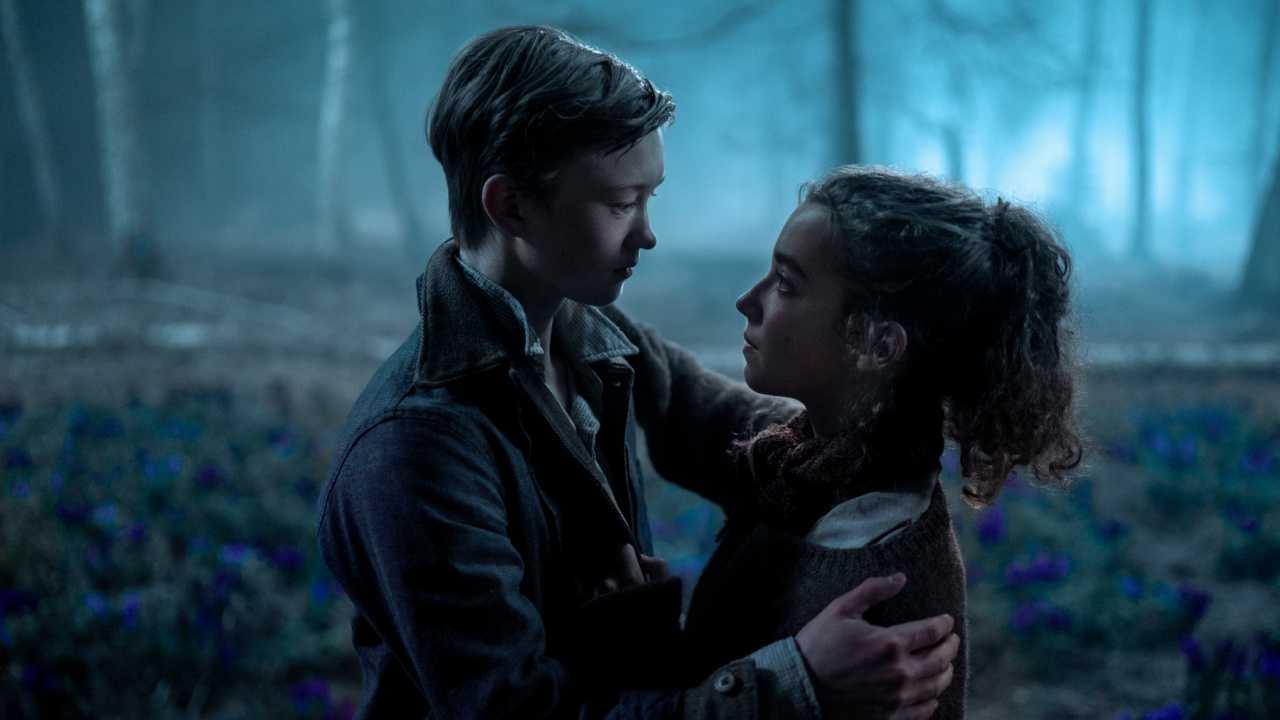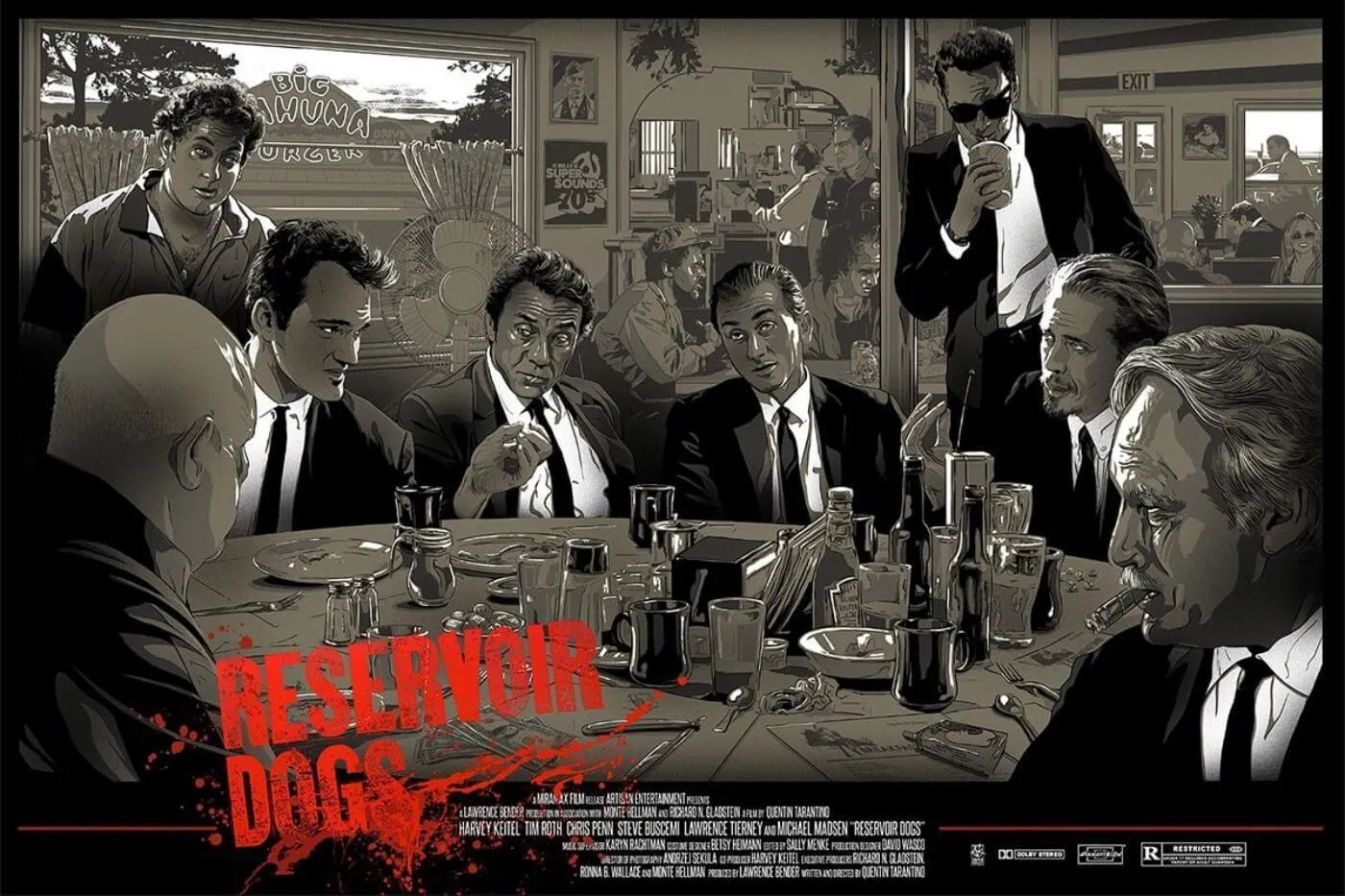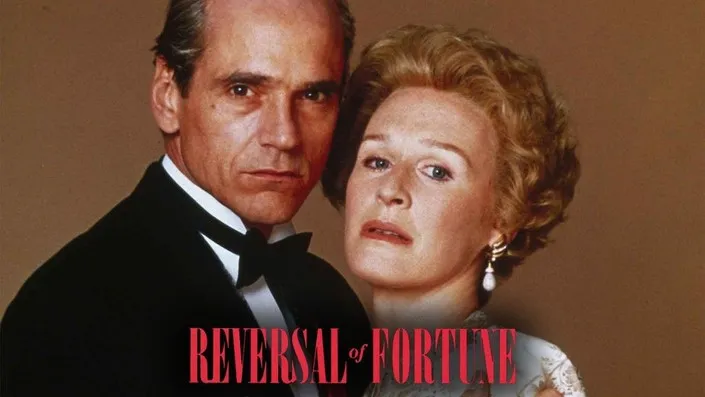In a world of corsets and cages, one woman writes her own escape
The Crimson Petal and the White (2011) is a lush, unflinching dive into the underbelly of Victorian London—a world where silk gloves hide scarred hands, and genteel manners cover feverish desires. Adapted from Michel Faber’s critically acclaimed novel, this four-part BBC miniseries is a gothic, sensual drama that shatters the romanticized image of the era, exposing its rot, repression, and hypocrisy through the eyes of a woman determined to rise.
At the heart of the story is Sugar, a sharp-tongued, fiercely intelligent prostitute played with raw magnetism by Romola Garai. Sugar is no passive victim of her time—she’s a survivor and strategist, using her body as leverage and her mind as a weapon. When she catches the attention of William Rackham (Chris O’Dowd), a vain, floundering perfume heir, she becomes entangled in his domestic misery and social ambitions. But Sugar has ambitions of her own, and she's not afraid to play the long game.

The series is a masterclass in atmospheric storytelling. Fog-drenched alleyways, crumbling brothels, and candlelit mansions are rendered with cinematic richness. Yet for all its visual opulence, the show never romanticizes the era. Director Marc Munden infuses each frame with unease—Victorian London isn’t simply dirty; it’s haunted by hunger, madness, and unseen wounds. From the first jarring zoom to the last lingering stare, the camera makes sure you can’t look away.
Romola Garai's Sugar is mesmerizing—equal parts wounded child and calculating woman. Chris O'Dowd, typically known for comedic roles, surprises with a complex portrayal of William: pathetic, sometimes kind, but ultimately a man of his time, limited by ego and class. Amanda Hale as William’s mentally fragile wife Agnes delivers a haunting performance, embodying the silent suffering of women treated as ornaments or burdens.

More than a period drama, The Crimson Petal and the White is a savage indictment of gender, class, and moral pretenses. It strips away the myth of Victorian decency to reveal a world where survival means compromise—and sometimes cruelty. Sugar’s journey is not about romance. It’s about reclaiming her story in a world that refuses to write it.


-1752716092-q80.webp)
-1751340045-q80.webp)